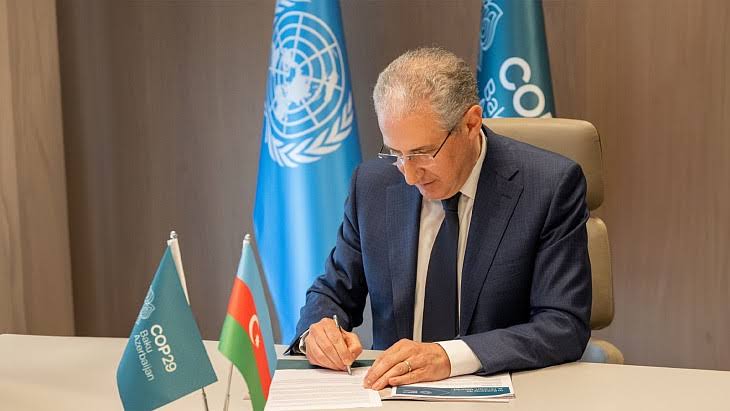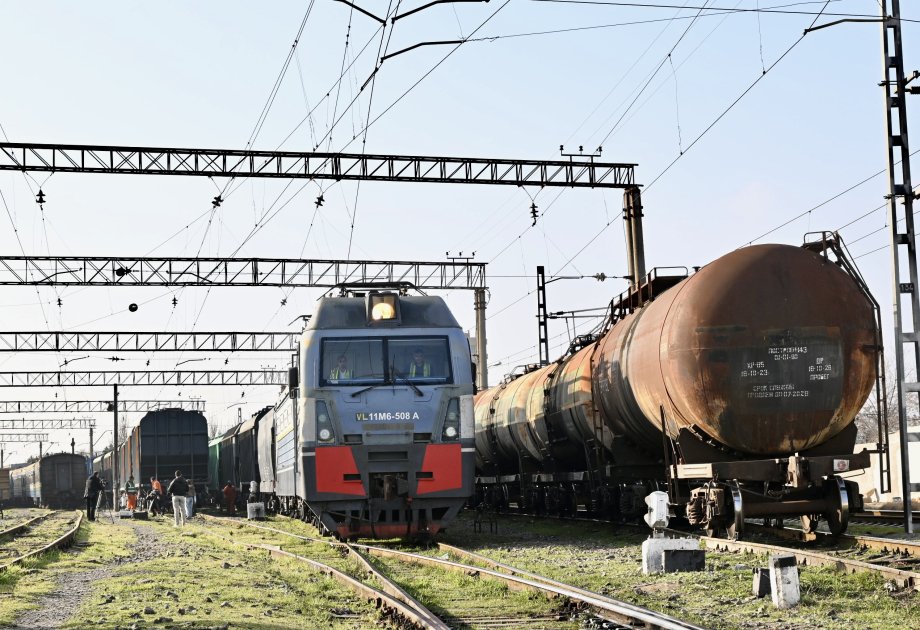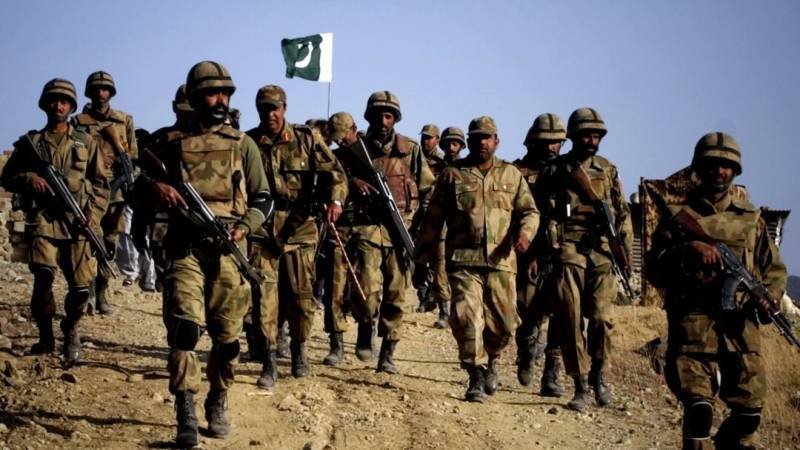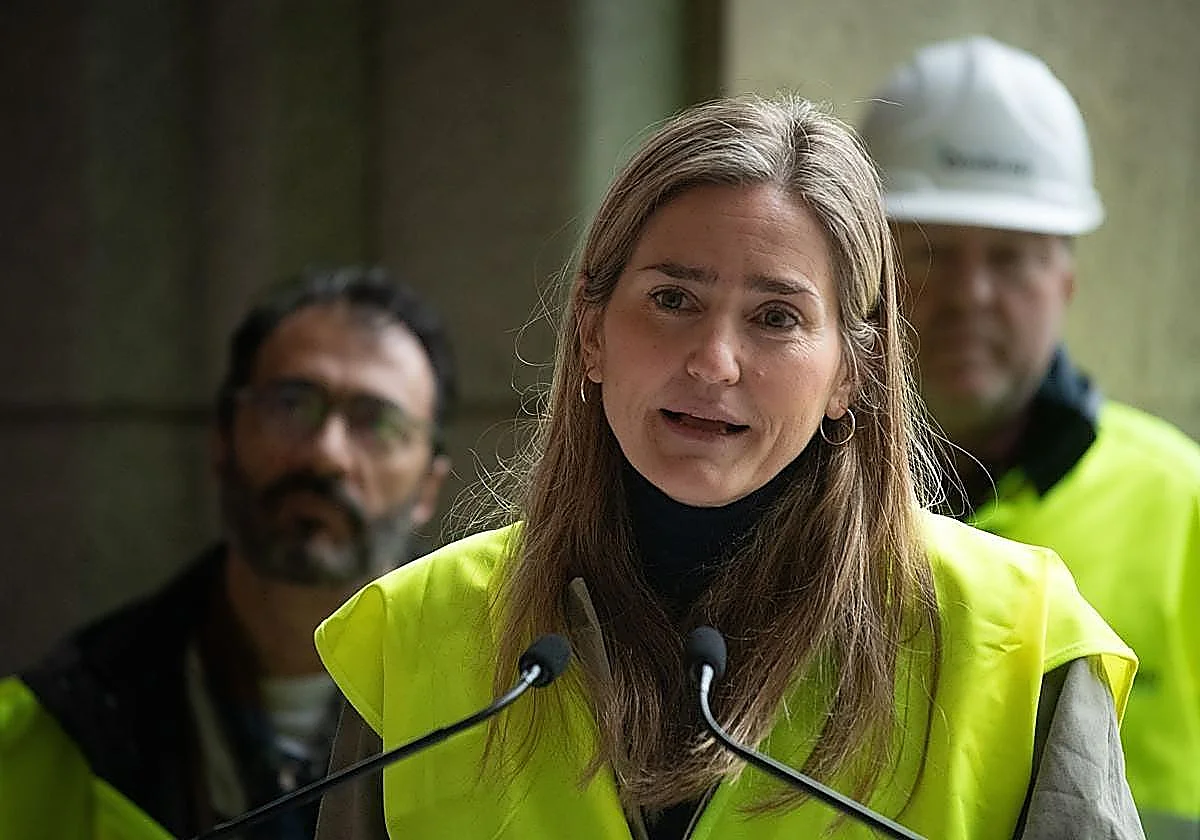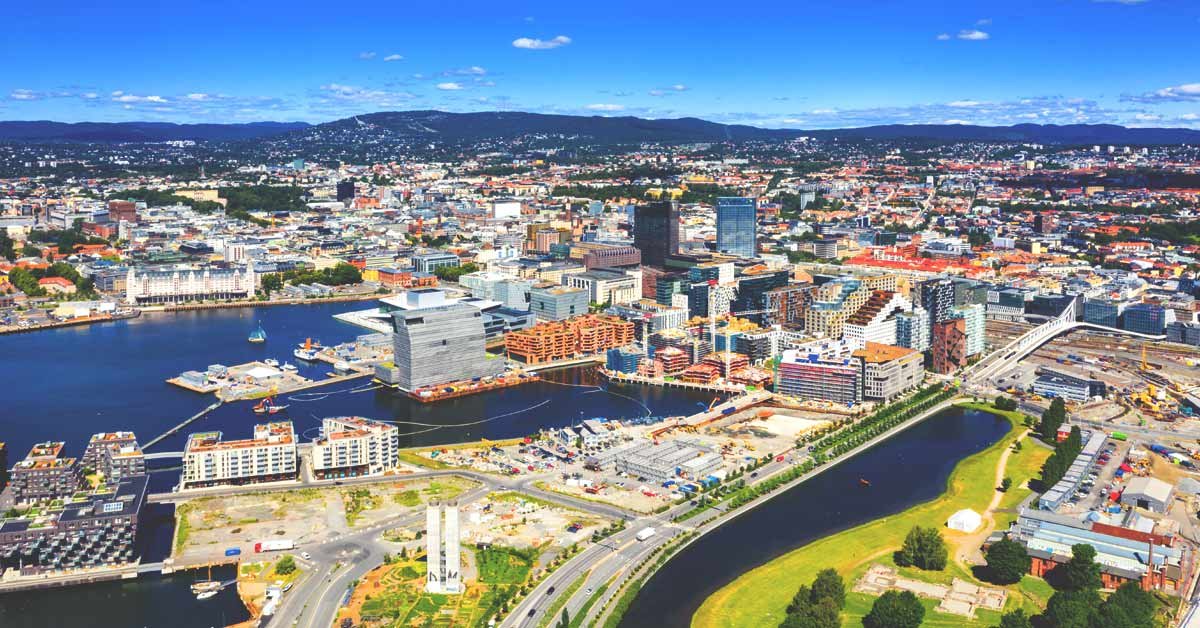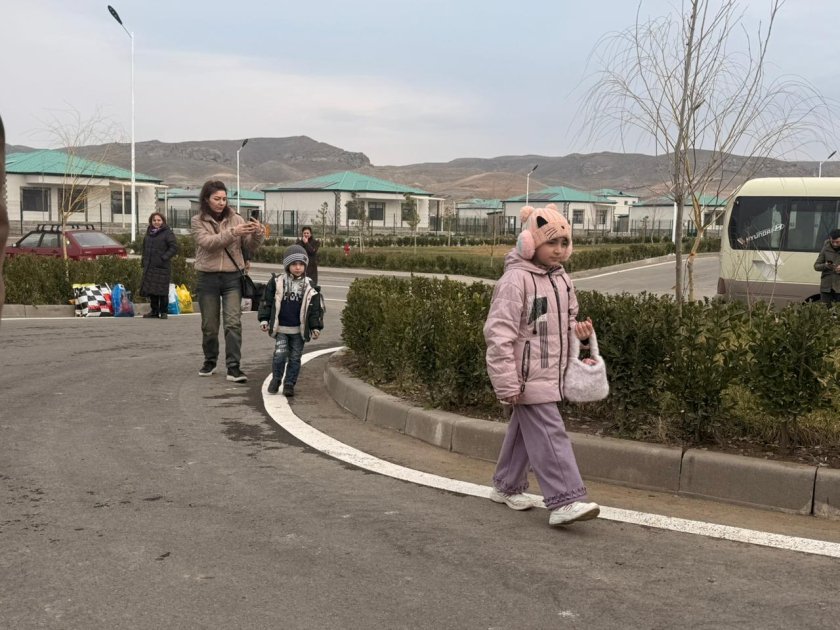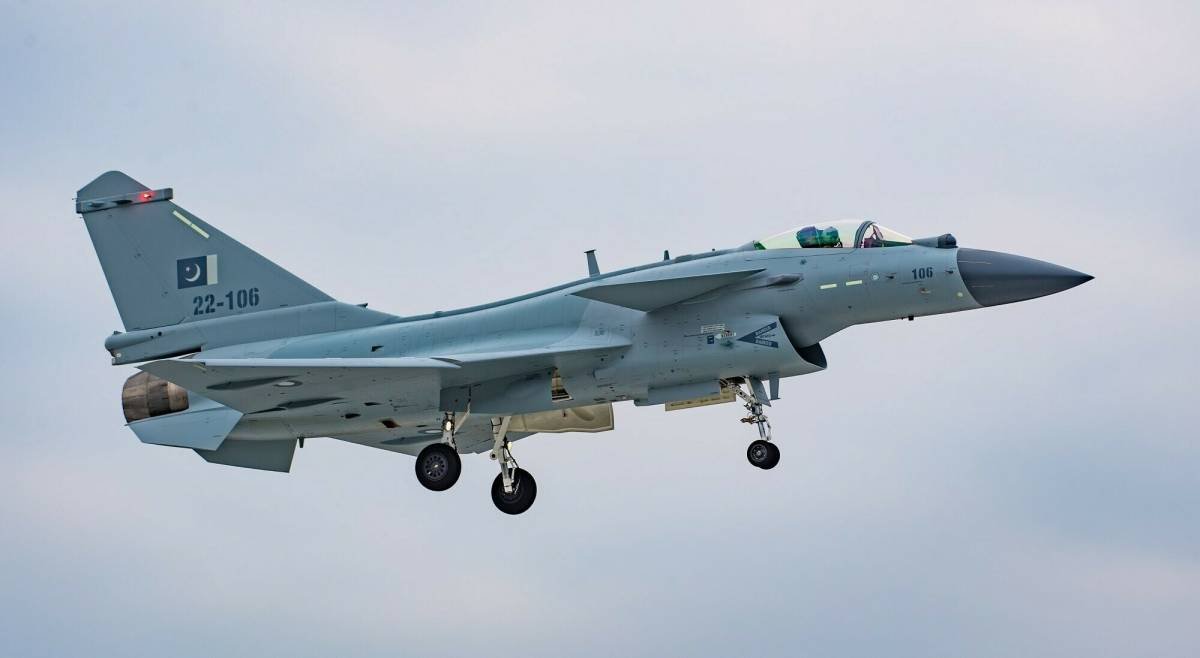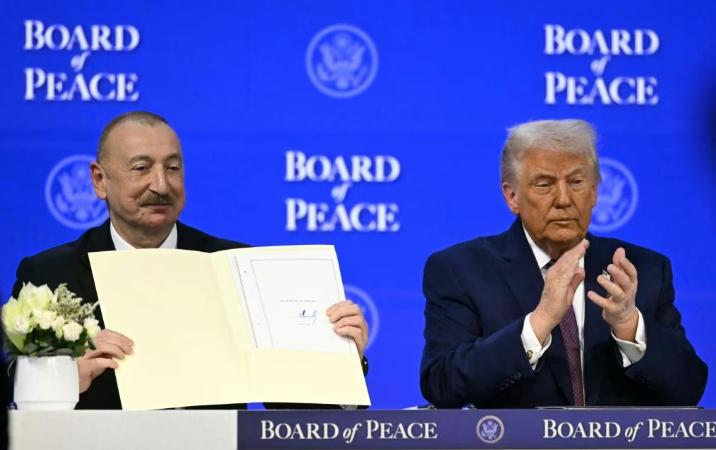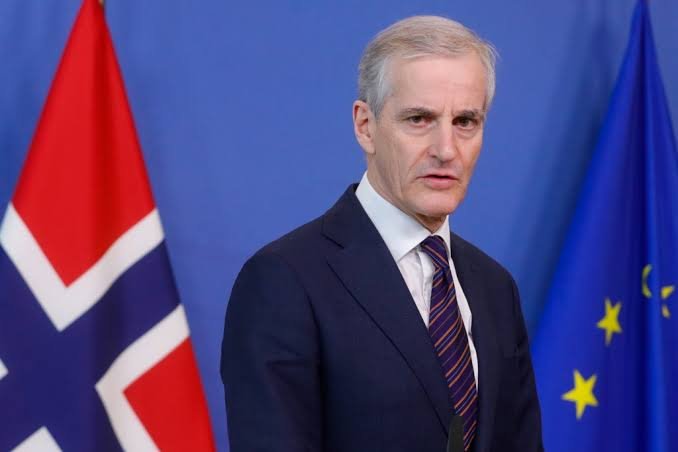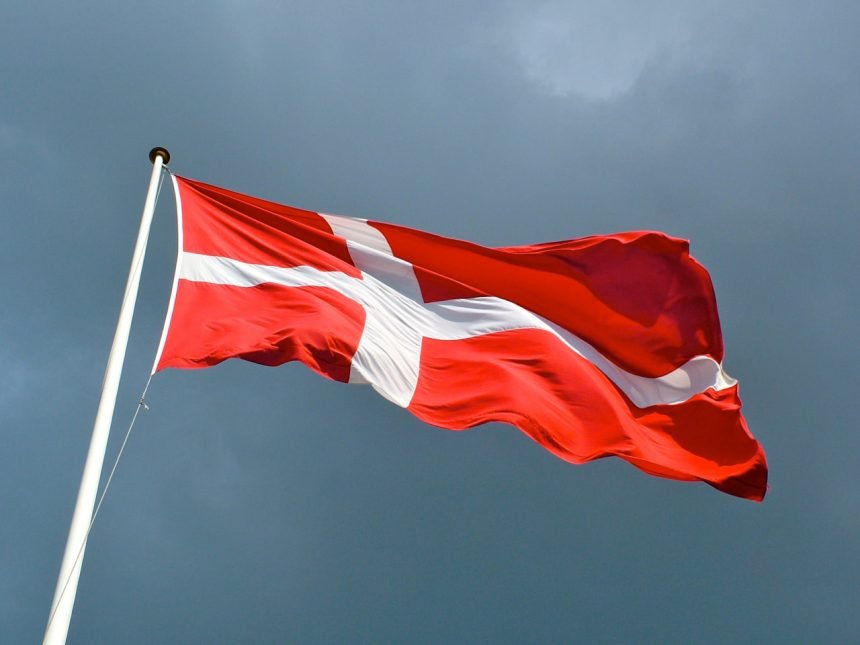As the world approaches the COP29 climate summit in Baku, Azerbaijan, the urgency for meaningful climate action and international cooperation has never been more pressing. This COP, led by Azerbaijan under the dynamic leadership of President Ilham Aliyev, plays a crucial role as a bridge between the outcomes of COP28 in the UAE and the future directions set for COP30. Azerbaijan’s role as the COP29 President, alongside its involvement in the COP Presidencies Troika, not only emphasizes continuity but also demonstrates a deep commitment to global climate solutions, especially for the Global South.
Azerbaijan’s role as the COP29 President represents an essential continuity in the international climate agenda, a role rooted in collaboration and shared responsibility. Under the framework established by the COP Presidencies Troika — comprising the UAE (COP28), Azerbaijan (COP29), and Brazil (COP30) — the world’s focus is on maintaining progress toward achieving the 1.5°C target of the Paris Agreement, which is vital to preventing the most catastrophic effects of climate change.
This Troika aims to enhance action across multiple fronts, including mitigation, adaptation, financial support, and sustainable development pathways. Azerbaijan, with its unique position between Asia and Europe, serves as a bridge not only in geographic terms but also in diplomatic influence, fostering cooperation across diverse nations. The leadership of President Ilham Aliyev, who has previously distinguished himself as Chair of the Non-Aligned Movement (NAM), positions Azerbaijan to elevate the voices of the Global South, amplifying the needs of developing nations often disproportionately affected by climate challenges.
At the core of the Troika’s goals lies the “Roadmap to Mission 1.5,” which provides a structured pathway to support countries in meeting ambitious climate targets by fostering collaboration, scaling up financial flows, and guiding the development of the next generation of Nationally Determined Contributions (NDCs). Azerbaijan’s leadership in this Troika positions it to work with both COP28 and COP30 to ensure that each successive climate summit builds upon the achievements of the previous one, without losing momentum.
Under this roadmap, the Troika has outlined several key activities, such as high-level dialogues at the UN General Assembly (UNGA) and collaborative events like the Global Renewables Summit. These initiatives not only keep global ambitions alive but also provide tangible platforms for countries to share solutions and demonstrate commitment. Azerbaijan’s involvement in such initiatives, as the incoming COP29 President, underlines its proactive approach to ensuring climate ambition is translated into action.
The Troika’s vision emphasizes equity as a fundamental pillar of climate action. This commitment is critical, especially for nations in the Global South that bear the brunt of climate impacts despite contributing minimally to global emissions. Azerbaijan’s climate diplomacy under President Aliyev champions the concept of a just and equitable transition. Drawing on his experience with NAM, President Aliyev has long advocated for international support structures that address the unique challenges faced by these countries, advocating for greater financial resources, technical support, and access to clean technology.
This emphasis on equity will be crucial as Azerbaijan works to mobilize financial support and create robust investment frameworks that enable climate-vulnerable nations to participate fully in the global transition to a low-carbon economy. In response to the challenges highlighted by the first Global Stocktake (GST) at COP28, Azerbaijan is committed to advancing NDCs that are not only ambitious but also reflective of the capacities and resources of individual countries. This balanced approach promotes fairness and recognizes the diversity of pathways required to meet global climate goals.
President Ilham Aliyev’s role in shaping Azerbaijan’s international stance on climate extends beyond COP29. As a leader who has previously fostered unity and cooperation among NAM members, he now brings a similar approach to the climate arena. His leadership emphasizes synergies between climate action and sustainable development, advocating for measures that reduce emissions while also promoting social inclusion, poverty reduction, and economic resilience.
During his time as NAM Chair, Aliyev’s policies centered on providing developing countries with a stronger voice on the world stage, an approach he continues as COP29 President. By prioritizing collaboration within the Troika framework, Aliyev has signaled Azerbaijan’s commitment to aligning climate action with broader development agendas, ensuring that mitigation and adaptation efforts support long-term resilience. This approach not only benefits Azerbaijan’s national interests but also serves as a model for other nations seeking to harmonize climate and development goals.
The COP29 summit under Azerbaijan’s leadership is expected to address some of the most pressing climate issues, including the adaptation finance gap, which has hindered many countries’ abilities to implement robust climate policies. Azerbaijan is anticipated to champion innovative financing solutions, leveraging its relationships with international financial institutions to secure funds that empower countries to pursue meaningful climate action. The Troika has recognized that adequate means of implementation, including climate finance, will be indispensable to achieving ambitious NDCs, and Azerbaijan’s role is crucial in ensuring these resources are accessible.
Another area of focus is the intersection of climate and biodiversity. By advancing policies that protect natural ecosystems, Azerbaijan aims to lead on dual conservation goals that benefit both climate stability and ecological diversity. This approach aligns with the Troika’s objective to explore synergies between climate and biodiversity, ensuring that nature-based solutions receive the support they need to scale globally. Azerbaijan’s leadership in promoting these interconnected agendas will be pivotal in unifying climate and environmental efforts.
COP29 is more than just a conference; it is an opportunity for Azerbaijan to cement its legacy as a forward-thinking leader in climate diplomacy. Through the Troika, Azerbaijan has the chance to influence future COP presidencies, setting a precedent for collaboration, ambition, and equity that transcends national borders. By the time COP30 arrives, Azerbaijan’s role in bridging the ambitions of COP28 with the goals of COP30 will leave an enduring impact on the global climate landscape.
As the world gathers in Baku, Azerbaijan stands ready to guide the international community toward a more sustainable, inclusive, and resilient future. Under President Ilham Aliyev’s leadership, COP29 will undoubtedly be remembered as a summit of progress and partnership, a pivotal moment in the journey to keeping the 1.5°C target within reach. With the full support of the Troika, Azerbaijan’s presidency promises to be a beacon of hope for the world, exemplifying the power of collective action and the spirit of global unity.

Mr. Qaiser Nawab, a global peace activist, is a distinguished international expert specializing in the Belt and Road Initiative (BRI), Afghanistan, Central Asia and founder of the Belt and Road Initiative for Sustainable Development (BRISD), a newly established global think-tank headquartered in Islamabad, in conjunction with the one-decade celebration of BRI.
Mr. Qaiser Nawab, a global peace activist, is a distinguished international expert specializing in the Belt and Road Initiative (BRI), Afghanistan, Central Asia and founder of the Belt and Road Initiative for Sustainable Development (BRISD), a newly established global think-tank headquartered in Islamabad, in conjunction with the one-decade celebration of BRI.
